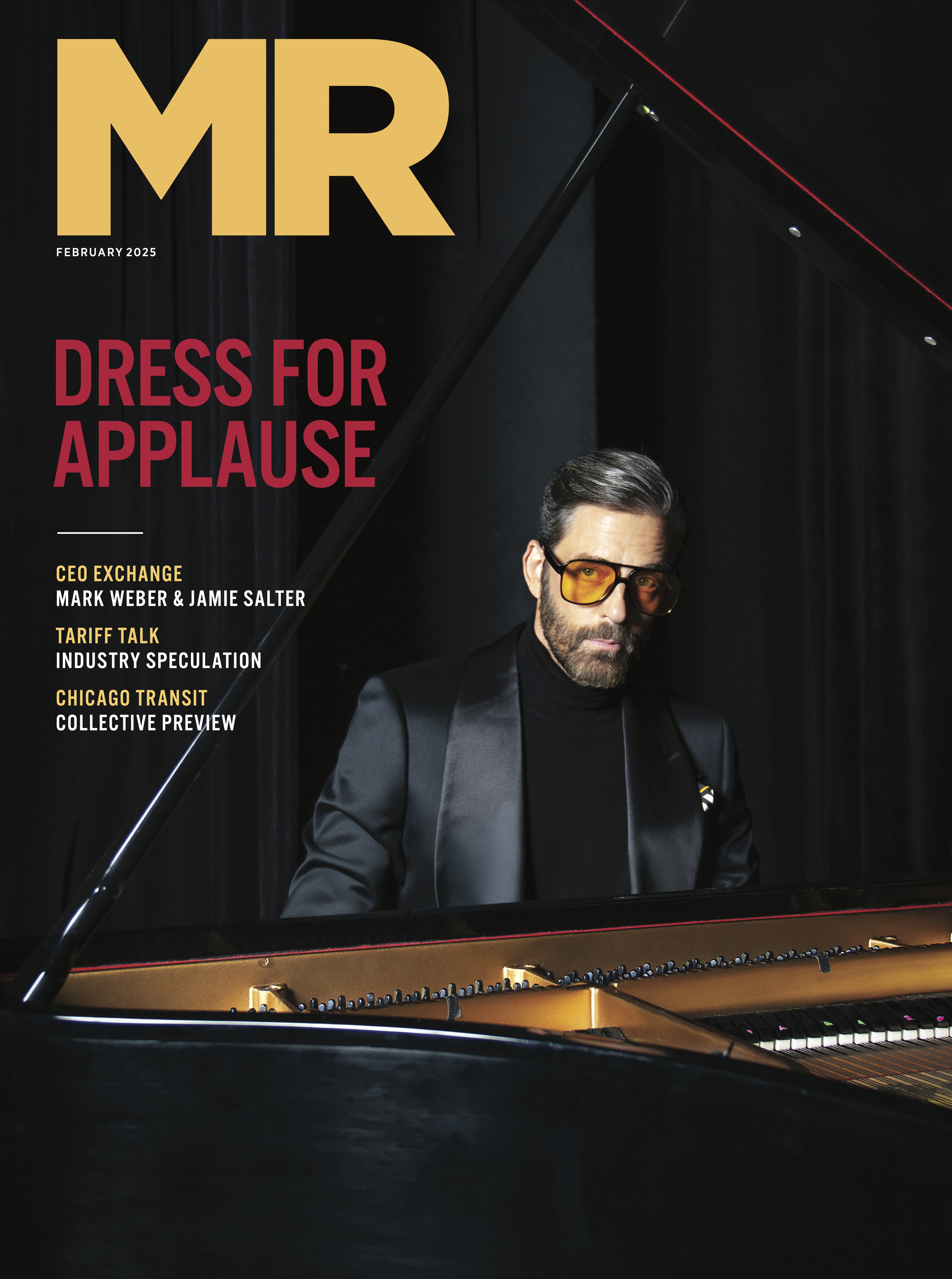Guest Editorial: Millennials May Hold the Key to Retail Growth for All Generations

Rich Honiball: The key to future retail success is creating brand and shopping experiences that are multi-generational in their appeal.

Retailers and brands covet the Millennial customer and are going to great lengths to capture their attention. Dollars are being shifted from traditional marketing to social, digital and experiential marketing. New programs are being developed and introduced. Some retailers are actually investing in a “Millennial” infrastructure, bringing on board specialized positions to speak exclusively to this younger customer, and with good reason. Millennials are now the largest generational group in the United States, and are also the most culturally diverse. While unemployment within Millennials remains higher than other generations, this group is more likely to be college educated and also more likely to attend graduate school than previous generations. In the coming years, Millennials will represent a higher percentage of our economy compared to other generations. Given that, brands and retailers that attract Millennials are fighting harder to remain relevant, and the legacy brands and retailers that attract an older consumer need to figure out how to attract this younger generation. But simply focusing attention on Millennials is not the answer. Millennials are merely the first generation to adapt to the new economic realities that all generations now face, and the key to future retail success is creating brand and shopping experiences that are multi-generational in their appeal.
Every emerging generation provides an opportunity for brands and retailers to earn a new platform of loyal consumers. Tailored- and formal-driven brands jumped at the chance to introduce casual, relaxed styles in apparel, furniture and other categories when Generation X came of age. Boomers provided the same opportunities, the same as every generation prior. What makes Millennials different isn’t that this generation is behaving differently, it is that they are growing up in a time that provides particular opportunities to connect and communicate, and particular challenges as our economy evolves more rapidly. Stop and consider this from Advertising Age: 35.4% of social media users in this country are between the ages of 18 to 34. Those in the 35 to 55 age group, they represent 31.2% of the total. Even more telling, 19.1% of social media users are over the age of 55, and those over the age of 65 are expected to see the highest increase in number of social media users over the coming years.
Still think that Millennials are somehow creating a “never before” seen shift in business? While it may seem nostalgic to think that Generation X’ers slopped around in khakis and t-shirts while Boomers remained suited up, the reality is that what was seen as a “Gen X” trend in fact impacted all generations. Boomers had the same impact on consumerism and trends, as did every generation previously.
What can happen if brands and retailers pay too much attention to the emerging generations? A few weeks ago, Whole Foods announced their intent to open a new chain of stores dedicated to the Millennial consumer. As Kathleen Kusek wrote recently in Forbes, “Food marketers continue to be challenged by Millennials’ discerning demands. They want high taste at great value. They respond to gorgeous, high-tech packaging but don’t want to pay a premium for it. They crave the new shiny thing and are easily bored, so they are inherently not brand loyal. They love ethnic and artisanal ‘finds,’ and tend to dismiss those very same products when they get too popular.” Sounds logical. Except as they soon learned from the feedback of many consumers that it isn’t just Millennials who desire those things, it is all consumers.
One more very important point that many brands and retailers are overlooking – with Baby Boomers and even those in the Silent Generation postponing their retirement and seeking to remain relevant, their share of the economic engine isn’t waning as previously anticipated. This group wants to be appreciated for what they do and what they offer, and be respected by the brands that they frequent. If slighted by a brand or retailer that is trying too hard to be younger, this older consumer could likely move on.
Millennials may hold the key to how consumers are evolving, but successful brands will be the ones that understand that all consumers, both young and old, often desire the same things. And all want to be respected.
Rich Honiball is a senior marketing and merchandising executive. He has worked for Haggar, JCPenney, Brooks Brothers and Jos. A. Bank.


